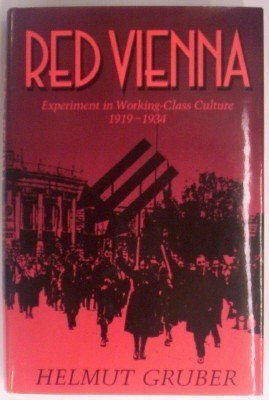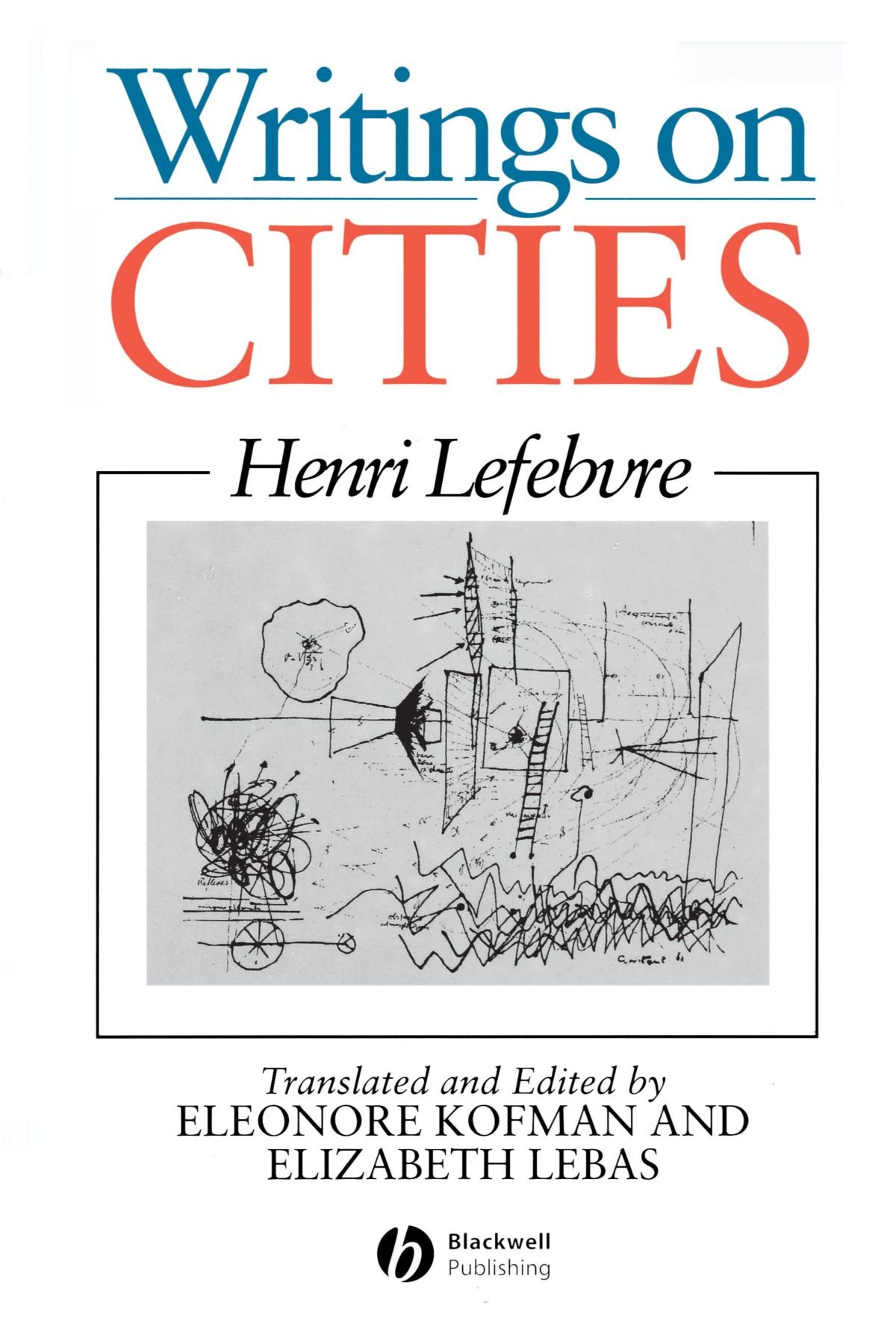Katerina Kolozova: Toward a Radical Metaphysics of Socialism: Marx and Laruelle (2015)
Filed under book | Tags: · alienation, automation, body, capitalism, cyborg, gender, marxism, metaphysics, philosophy, politics, socialism, technology

“Marx’s rigorously descriptive language unravels the radical core of capitalist economic processes and, through that unraveling, also reveals capitalism’s necessary exploitation and subjugation of human labor. Toward a Radical Metaphysics of Socialism attempts to recuperate and emancipate the notion of metaphysics in this scenario by virtue of radicalizing thought’s encounter with the Real. Kolozova argues that this metaphysical drama is at the origin of the social and economic injustices of contemporary global economic-political realities, and she illustrates this state of affairs in discussions of the problem of wage labor, automated speculation as the core of late capitalism, the post-2008 financial crisis, the status of technology in late capitalism, sexual difference and gender, and the human and non-human body’s subjugation capitalist automation.”
Publisher Punctum Books, Brooklyn/New York, August 2015
Creative Commons BY-NC-SA 4.0 License
ISBN 0692492410, 9780692492413
116 pages
Interview with author by Troy O’Neill
Publisher
Helmut Gruber: Red Vienna: Experiment in Working-Class Culture, 1919-1934 (1991)
Filed under book | Tags: · 1920s, 1930s, austria, city, communism, labour, marxism, politics, socialism, urbanism, vienna

“From 1919 to 1934, the Socialist government in Vienna sought to create a comprehensive working-class culture, striving to provide a foretaste of the socialist utopia in the present. In Red Vienna, Gruber critically examines the impact of this experiment in all areas of life, from massive public housing projects and health and education programs to socialist parades, festivals, and sporting events designed to create a ‘new’ working class.”
Publisher Oxford University Press, 1991
ISBN 0195069145, 9780195069143
x+270 pages
Reviews: Mark Emanuel Blum (Central European History, 1992), George V. Strong (History of European Ideas, 1993), William D. Bowman (Journal of Social History, 1993), Alfred Diamant (American Historical Review, 1993), J. Robert Wegs (Austrian History Yearbook, 1993), Karen J. Vogel (American Political Science Review, 1993), Albert Lindemann (International Labor and Working-Class History, 1993).
PDF (12 MB, updated on 2021-4-22, via Libcom.org)
PDF (6 MB, added on 2021-4-22, via ZLibrary)
See also Eve Blau’s The Architecture of Red Vienna, 1919-1934, MIT Press, 2000 (PDF, 18 MB)
Comment (0)Henri Lefebvre: Right to the City (1968–) [FR, ES, EN, BR-PT]
Filed under book | Tags: · city, form, industry, marxism, philosophy, theory, urbanism, utopia

Lefebvre’s highly polemical book on the city was completed in 1967 to commemorate the centenary of the publication of Marx’s Das Kapital, and came out before the events of 1968.
David Harvey wrote about its central thesis: “The right to the city is far more than the individual liberty to access urban resources: it is a right to change ourselves by changing the city. It is, moreover, a common rather than an individual right since this transformation inevitably depends upon the exercise of a collective power to reshape the processes of urbanization. The freedom to make and remake our cities and ourselves is … one of the most precious yet most neglected of our human rights.” (Source)
First published in book form as Le droit à la ville, Anthropos, Paris, 1968.
English edition
Translated and Introduced by Eleonore Kofman and Elizabeth Lebas
Chapter in Writings on Cities
Publisher Blackwell, 1996
ISBN 0631191879
pages 61-181
Wikipedia (EN)
Commentary: Notbored.org (2006).
Le droit à la ville (French, one chapter only, 1967)
El derecho a la ciudad (Spanish, trans. J. Gonzalez-Pueyo, 4th ed., 1969/1978, 38 MB)
Right to the City, in Writings on Cities (English, trans. Eleonore Kofman and Elizabeth Lebas, 1996, ARG)
O direito à cidade (Brazilian Portuguese, trans. Rubens Eduardo Frias, 5th ed., 2001/2008, 5 MB)
For more from Lefebvre see Monoskop wiki.
Comment (0)
